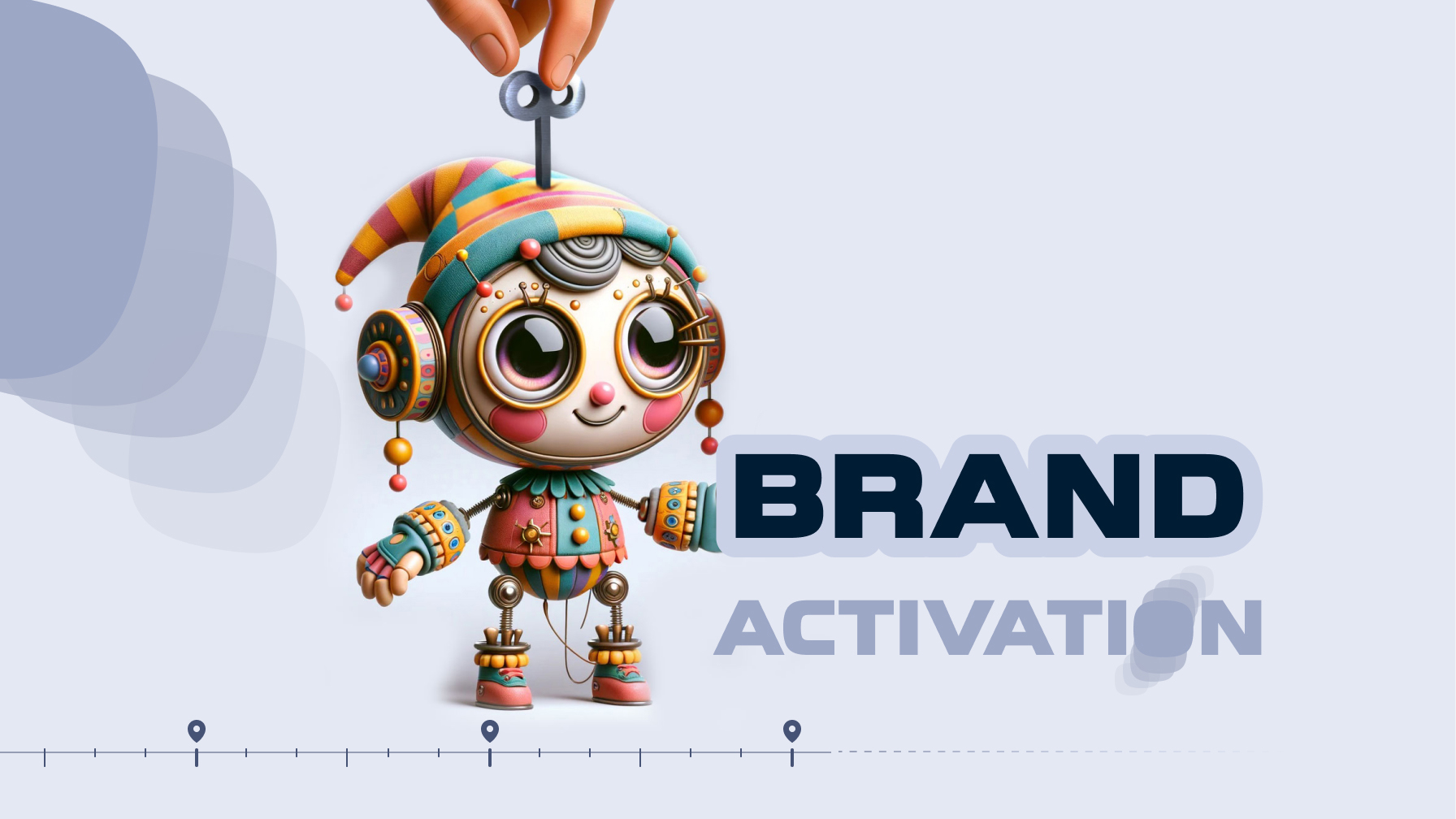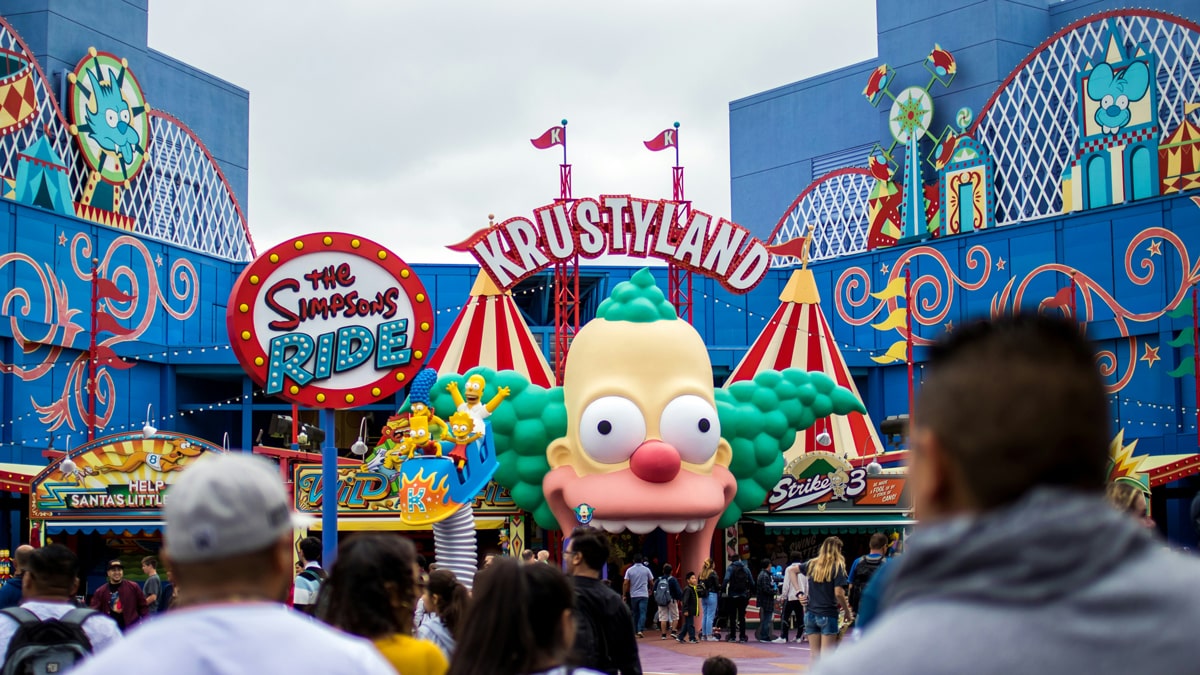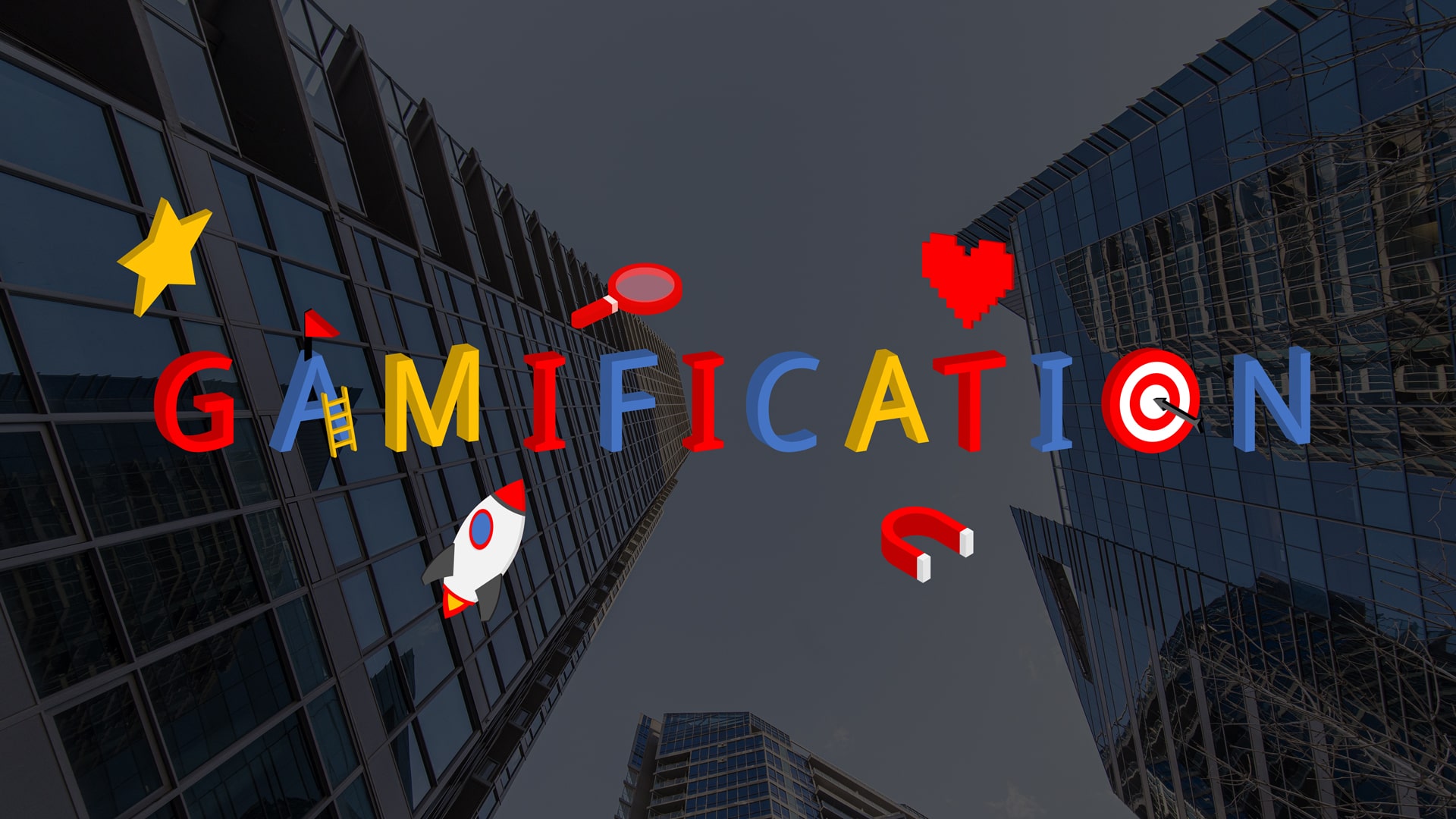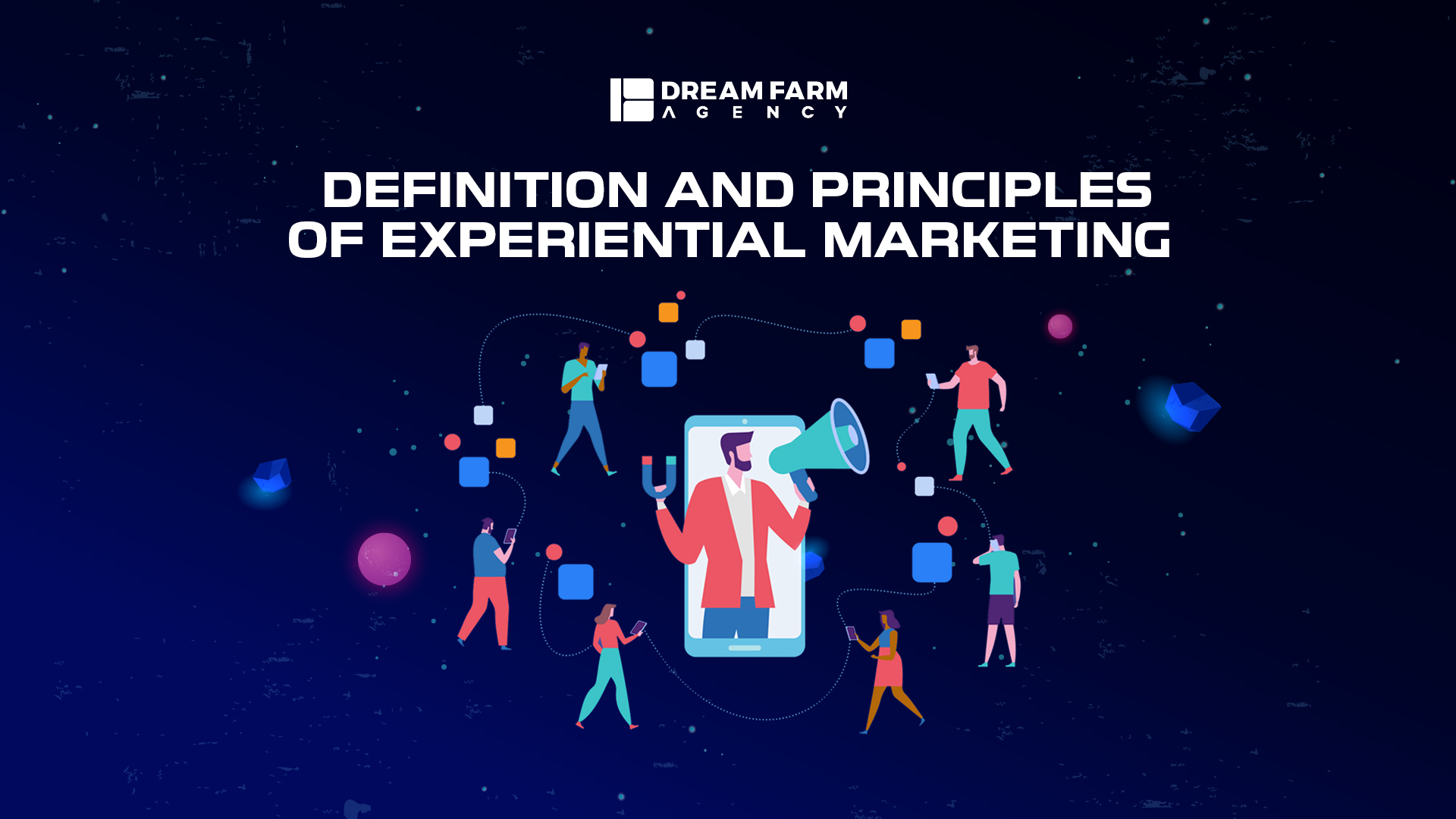
- What is experiential marketing?
- What are the principles of experiential marketing campaigns?
- How is experiential marketing effective?
- Experiential marketing vs Event marketing
- Experiential marketing benefits
- the most famous tools for experiential marketing
- Tips on how to create an experiential marketing campaign?
- Experiential marketing and its effectiveness
One of the reasons that changed the old-fashioned purchase funnel to a fly-wheel model was that funnel did not showcase the need of keeping in touch with the customers.
Brands are doing their best not to lose their connection with their customers and make them more engaged.
One of the tools that can help with this process is experiential marketing. In this blog post we are going to elaborate more on this concept, see how it is different from event marketing, and learn more about the related strategies through real examples.
Stay tuned!
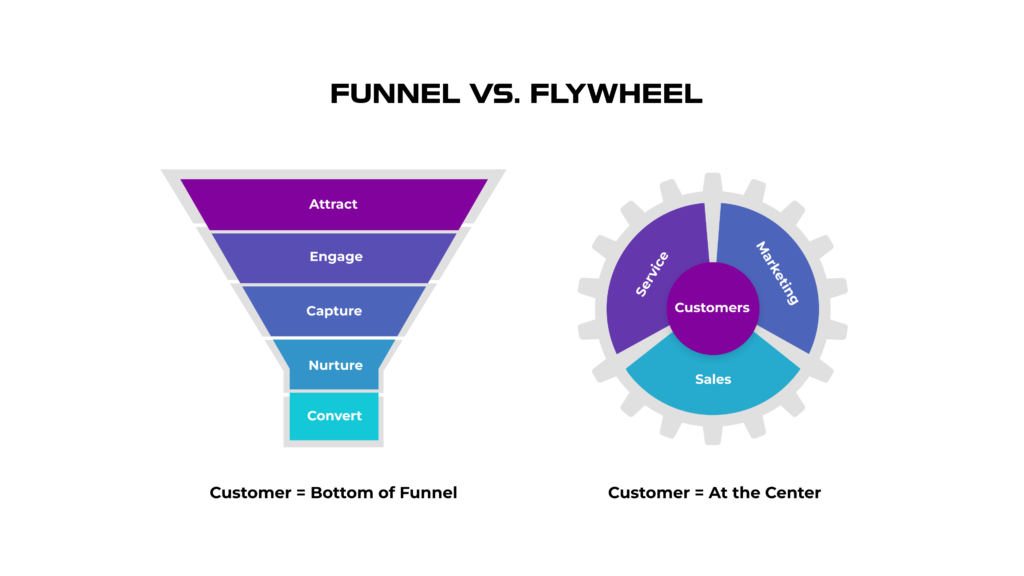
What is experiential marketing?
Experiential marketing is not about approaching potential customers via traditional marketing methods. As you can guess when hearing the name, experiential marketing is tied to bringing a special “experience” to the target audience.
Experiential marketing can happen through different cases such as guerilla marketing campaigns, using AR and VR technology, holding an event, and so on. The element they must all have in common is highlighting the role of experience.
The aim is to make a memorable or shareable experience for the audience so that in the first place, they know your brand. Or if they already know you, feel more connected to your brand.
What are the principles of experiential marketing campaigns?
Since it needs to be far from traditional methods, experiential marketing campaigns need some principles to be built on.
1. Create memories
Long lasting memories are the key to an outstanding campaign. successful experiential marketing campaigns create lasting memories for customers. You want the participants in your event to associate your brand with the idea of fun or some other emotional connection like supporting a charity act or addressing a critical community issue.
2. Personalize the experience as far as you can
People enjoy experiences they create themselves, so you want your campaign to be flexible! Customers are more likely to remember a customized experience because it becomes part of their own story. Moreover, you can learn further about what your customers enjoy, which will help you target future efforts more effectively.
3. Connect with customers on a personal level
Experiential marketing allows a company to interact with its customers on a personal level. People relate to other people, but many brands are seen as cold and impersonal. During a campaign, you can break down that barrier and get to know your customers on a more personal level.
4. Focus on engaging the senses
Your customers should be able to feel, smell, taste, and interact with your product. Providing product samples, testers, and one-on-one interactions with your staff will help customers see the benefits of your product or service in their own lives.
5. Your marketing is not just about your product
In experiential marketing customers are not primarily interested in learning about your product or service. They are more interested in the experience that you provide. Many campaigns don’t even feature a specific product; instead, they focus on engaging customers with exciting activities or events. Examples of non-product-centric experiential marketing campaigns include hosting branded sporting events, concerts, or trade shows at your business location.
Or like what brands do at 29Room events. 29Room allows brands to take part in its event which is held every year with a special theme. People will contribute to the event and have fun!
In 2023 it was held in Singapore.
Watch the video and enjoy!
How is experiential marketing effective?
Experiential marketing is absolutely effective as long as getting in touch with your audience would be_ which is basically forever!
So, why not reach out to your customers or your targeted persona, in a more creative way? And why not choose a way that can make your customers interact with you?
Experiential marketing creates an atmosphere that feels completely comfortable and even tempting to your customers. It will allow them to talk to you directly and participate in your plans.
Although it has been around for so long, experiential marketing was changed during the recent years. After the pandemic, like any other social activity, experiential marketing needed to change the game field and play online! But the change has not made this type of marketing less effective.
People tend to take part in the online campaigns more than ever because they have less limitations. Online campaigns let people share their time with the brand, no matter where they are or what they are doing. They can join from the comfort of their home or from their office.
Take a look at this campaign by RedBull. A live stream starring Felix Baumgartner, jumping from a surface 24 miles above the Earth! It had over 8 million viewers at the moment.
Experiential marketing vs Event marketing
People often mix up these two concepts because they may sometimes overlap. But there are differences that can separate experiential marketing from event marketing.
Event marketing is more planned, people need to be invited to events and everything looks more formal. while Experiential marketing is more spontaneous in action.
Also in Events you can find large groups of people who have quite the same experience. In experiential marketing though, individuals are more likely to have targeted and specified experiences.
Moreover, the goals are different. Event marketing is an effective tool for word-of-mouth, especially for launching new services or products. Experiential marketing’s first and most important aim is to enhance the relationship between the brand and the customers.

Experiential marketing benefits
There are several benefits that can be mentioned regarding experiential marketing like:
- Conveying brand message directly
- Connecting to the customer in the ideal circumstance
- Making a positive impact
- Going viral
- Engaging customer’s senses
- …
But wrapping everything up, we came across these 4 main plus points:
1. Enhances brand awareness:
Experiential marketing can make you the customer’s top of mind. How? By making memorable moments for the audience and getting emotionally connected to them. Unlike the traditional marketing, experiential marketing lets people involve with the brand in an active ebay rather than passively receive a message from it.
Moreover, This type of marketing is tangled with “Word-of-mouth” which is the best way of earning awareness.
2. Increases customer loyalty
One of the main pluspoints of running experiential marketing campaigns is to build loyalty. Customers and consumers would feel more connected to the brand when they have a deeper relationship and a more realistic experience. A memorable event can emotionally involve them with your brand.
3. Improves engagement
This is the meaning of experiential marketing! Depending on your campaign, people can interact with your brand in person or online. Take a look at Barbie’s campaign for instance.
Barbie created a Selfie generator to make people talk about the movie with their selfies! It gave people the opportunity to become Barbies and share it with their friends. What happened afterwards was more and more user generated content all over Instagram and of course lots of engagement for Warners Bro!
4. Increases sales
Sales is the ultimate goal of any business. People with stronger sense of attachments to a brand are more likely to purchase, and this is exactly what experiential marketing does.
With an experiential marketing campaign, a brand can increase the level of loyalty in its customers which leads to increasing sales.
As an example you can take a look at the report that Beautymatter has published about Byoma in August 2023 about their experiential marketing campaign. They have reported a 124% increase in their sales (just in one of their product lines) at Sephora’s event.
the most famous tools for experiential marketing
There are lots of tools and strategies to run an experiential marketing campaign. Here we name the most famous ones:
1. Guerilla marketing
People love to watch extraordinary things. When it comes to marketing, being different and unusual can help you a lot in capturing people’s attention.
Guerilla marketing is one of the main tactics that brands would use while running an experiential campaign.
This approach helps the marketers to surprise their audience, make them curious, and create a memorable moment for them.
2. Coining a Brand Ritual!
If you are a fan of “Emily in Paris” you must definitely know about brand rituals if I just type the word “Champére”. (watch the series if you haven’t already!????)
For those of you who are not familiar with this term:
Some brands set a special ritual for consuming their product. Like what Oreo did with its biscuits. It is like there is a strong tendency of dunking the biscuit into a glass of milk for no reason! ????
Their slogan “twist, lick, dunk” was also coined based on this ritual.
A ritual needs a great deal of storytelling but it has already proved the competency!
It will make people more connected to the brand and it will also open a room for the brand in people’s daily life.
3. Event marketing
Yes! Events are a great help to experiential marketing. Many brands manage to visit their customers in their events. This will somehow ruin the spontaneous nature of experiential marketing but it will also help brands to meet their audience in person (or online) and get in touch with them. To avoid being so planned out, have a surprise for the attendees so that you can make their experience memorable.
4. Interactive installation
If you search this phrase you will come across lots of art websites, but this technique can actually work for branding too. Like what Sony did in its 2019 Milan exhibition. After watching the video below, you can definitely find its relevance with experiential marketing.
It is totally a new and memorable experience and it also allows the customers to get in touch with the brand and the product (Sony’s robotic dog).
5. Immersive technology
AR and VR have already found their place in marketing. By using these technologies you can create the most incredible and unique experience for your customers.
Take a look at the campaign run by Coca Cola for FIFA World Cup in Zurich:
Tips on how to create an experiential marketing campaign?
Any marketing campaign needs some preferences to be done.
This is the list you are going to prepare before running an experiential marketing campaign.
- Know your target audience
- Set smart goals
- Create memorable experiences
- Coordinate a multi-channel campaign
You probably know everything about determining your target audience and setting a goal, because they are what all campaigns have in common.
The special part in running an experiential marketing campaign is its storytelling and creating a memorable experience. Doing such a thing is not always an easy thing. It needs bright ideas and of course lots of experience.
Do not underestimate the role of social media in your campaigns. Instagram, twitter, and other platforms have the ability to make your campaign go viral. So, make sure your story is attractive and clear enough to go viral on social media. The hashtag you choose and the slogan are also of matter. Be careful that your hashtag is not used before by other brands and make sure it is not too long.
Experiential marketing and its effectiveness
In a world where everyone is being bombarded with advertising messages, the winner is a brand that takes time ideating for a campaign which is special enough to remain in people’s mind for a long time.
Experiential marketing and its methods are here to help you increase your brand awareness, make your customers loyal, and be in your potential customers’ top of mind.
For a related read, check out: Different Types Of Experiential Marketing Strategies (B2B, B2C, …)

Rojan

